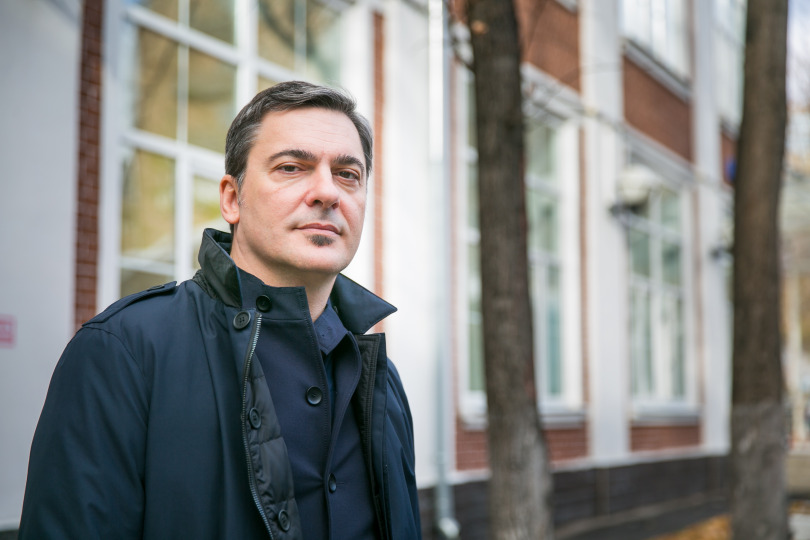
Tag "economics"

At the beginning of ‘Nobel Week,’ HSE Professor Konstantin Sonin gave his traditional prediction on his blog, forecasting who might win this year’s Nobel Prize in Economics. The winner will be determined on October 12.
The current crisis in Russia is different from all others in its heightened uncertainty and unpredictable consequences, and recent events are comparable to the transformative crisis that occurred in Russia in the 1990s, the Director of the Centre of Development Institute, Natalia Akindinova, and HSE Academic Supervisor Evgeny Yasin said in their paper ‘A New Stage of Economic Development in Post-Soviet Russia.’ The researchers propose four possible scenarios for how the Russian economy might change, the most probable of which, they posit, is a so-called ‘mobilisation scenario.’
Russian firms prefer to freeze rather than cut employee wages during crises, reasoning that high inflation will cause real wages to drop anyway, while nominal wage cuts may prompt valued employees to leave, suggests Alexander Larin, Senior Lecturer at the Faculty of Economics, HSE Branch in Nizhny Novgorod, in his paper 'Downward Nominal Wage Rigidity: Unions' Achievement or Employers' Choice?'
Students who choose to pursue a master's or postgraduate degree are at a distinct advantage over those who stop after receiving a bachelor's degree, and can expect higher starting salaries and a wider career choice. Some students, particularly those studying the humanities, medicine, and natural sciences, are more likely to pursue further studies beyond the undergraduate programme, observes Yana Roschina, senior research fellow at the HSE's Laboratory of Economics and Social Research, in her report 'Factors Influencing Russian Students' Educational and Employment Plans'.
How Russia has become an industrial economy; Class bias in Russia's judicial system; Why Russia could benefit from zero import duties with the EU; Why Russian elites prefer foreign jurisdictions; What is fake economic growth; Why the reforms of the 2000s have failed; Whether currency depreciation must inevitably lead to inflation—these were the most interesting research papers in 2014 relevant to Russia, according to Opec.ru.
Why are Russians unhappy; who serves the dictators; how to reform control and supervision;Trade versus wars; Russia’s new citizens; what do Russian and Chinese banks have in common; why analysts don’t predict recession; the provincial social environment and physical isolation of rural settlements: the most interesting research by HSE in 2014. According to Opec.ru.
Poverty in Russia is particularly difficult to overcome since it is very heterogeneous. The Russian poor include groups as diverse as villagers who do not seem to fit into the post-industrial environment, low-skilled workers, university professors, and parents of young children. Each category of the poor requires a separate approach and a different type of state support, according to HSE Professor Nataliya Tikhonova and Associate Professor at the Faculty of Economics, Vasiliy Anikin.
Generally, Russian businesses are fairly resistant to external shocks. Many enterprises have not only survived the 2008 crisis, but have increased their market share since then. Major companies with foreign owners and those investing in restructuring and modernisation have a better chance of success, according to Boris Kuznetsov, Professor at the Department of Economic Analysis of Organizations and Markets and co-author of the study 'The impact of industrial strategies on resilience to external shocks and on the post-crisis development trends'.
Middle-aged Russians whose younger years fell in the era of change fear for their future and tend to save more money than they spend. In contrast, Russia's elderly and young adults are avid consumers: the former have survived hardship and scarcity – potential loss does not scare them, while the latter share the inherent optimism of youth, according to the paper 'Consumer Expectations of the Russian Public (1996-2009): Interconnections across Cohorts, Generations, and Ages' by Dilyara Ibragimova, Senior Researcher at the HSE's Laboratory for Studies in Economic Sociology.
